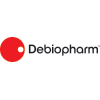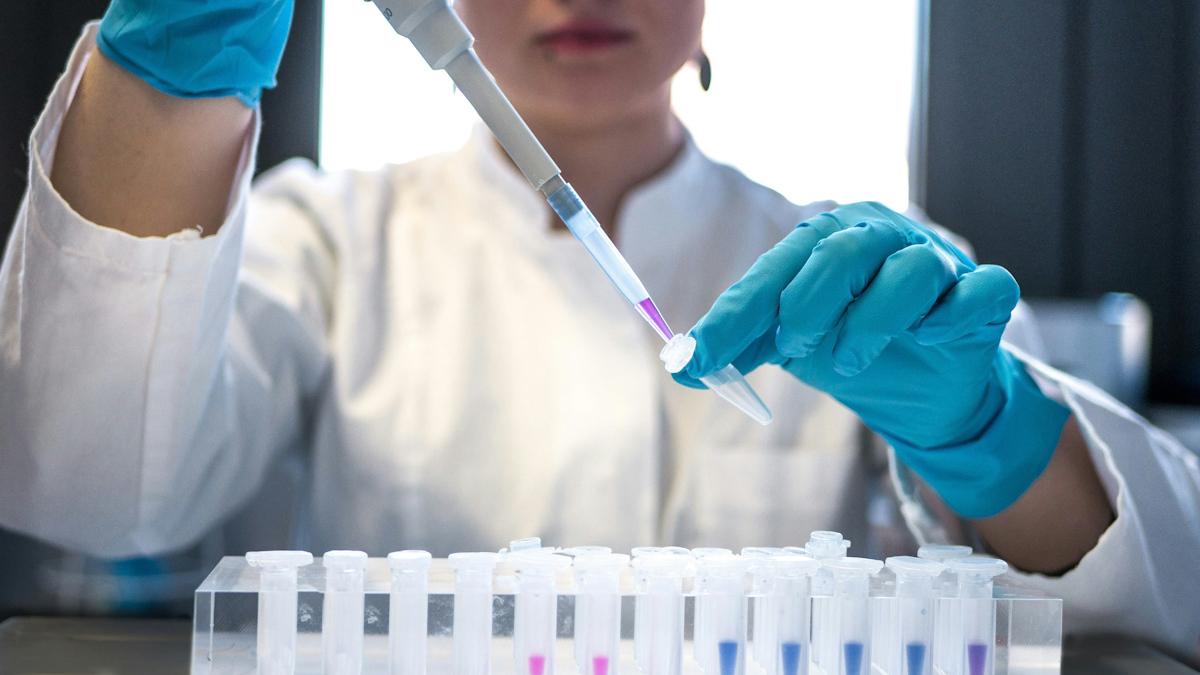Pharma’s use of synthetic biology could deliver radical innovation

Synthetic biology holds much promise for the life sciences sector as it continues to look for new ways of treating disease and accelerating drug development, says Debiopharm's Tanja Dowe.
Synthetic biology has grown exponentially in less than a decade, with CRISPR gene-editing as the key technology driving this through its use in areas like cancer, infectious diseases, and rare, undertreated indications.
It’s a multidisciplinary approach, often termed ‘synbio’, that involves redesigning organisms – including through ‘plug and play’ combinations of pathways for drug design and development – where with artificial intelligence (AI) increasingly plays a central role.
Last year’s Nobel Prize in Chemistry, awarded to CRISPR pioneers Drs Emmanuelle Charpentier and Jennifer Doudna, was certainly a clear sign that we’re starting to approach a tipping point for both CRISPR technology and synthetic biology more generally.
More recently, the rapid development of Moderna’s COVID-19 vaccine, which used many of the principles of synthetic biology, is yet more proof that this is an area on the cusp of the pharmaceutical R&D mainstream.
That was one of the key messages from SynBioBeta’s Synthetic Biology Biopharma Conference last month, at which I joined a panel to discuss synthetic biology's accelerating impact on pharma.
From gene editing to cellular and gene therapies, AI therapeutics design to bespoke antibodies, there’s so much more that this exciting sector can offer the industry in the quest to make us healthier. Here are my key takeaways from SynBioBeta’s conference.
Pharmaceuticals are no longer only for chemists
There are some big changes coming to pharma and the development of new pharmaceuticals will no longer be the sole provenance of chemists. We’re already living through the early stages of the ‘biotech century’, as economic and social theorist Jeremy Rifkin predicted in 1998, and to continue the rapid progress made in the past two decades will require yet more change.
Chemistry, engineering and computer science will have to play together in a much more integrated way than they have to date. The intersection of those three disciplines is already showing huge promise and the coming years will more fully demonstrate what they are capable of.
As a former biochemical and microbiology engineer, I’m very aware of the apparent difficulty of extracting useful insights from large and complex biological datasets, but AI can absolutely be made to work with biology.
It may be that we see mathematicians develop the drugs of the future – and, with the first human trials of an AI-designed drug beginning last year, it’s clear that AI in general, and machine learning in particular, has a meaningful future in biology and promises much faster solutions to diseases.
As a former biochemical and microbiology engineer, I’m very aware of the apparent difficulty of extracting useful insights from large and complex biological datasets, but AI can absolutely be made to work with biology. In doing so we can develop solutions to diseases within a couple of months or even weeks – that sort of development speed is no longer just a promise anymore, it’s already here.
Anticipated milestones for synthetic biology in pharma
In the last five years we’ve gone from having largely theoretical discussions about how synthetic biology will evolve to talking about the fabulous progress the field has made, but we need to also be able to have a long-term perspective on this.
My SynBioBeta panel discussion was about the shape of biopharma in 2025 – a seemingly futuristic time that’s now less than four years away. Despite the rapid advances seen with synthetic biology, to expect widespread change in pharma’s approach to it in such a short time is unlikely. Instead, over the next five years we’re going to see pharma investment in synthetic biology rise, continuing the trend for companies to build their own new computational biology centres and departments.
The next decade is where it really starts to get interesting, as we see more and more ‘synbio’-enabled drugs enter clinical trials. I believe that we will start seeing radically shortened drug development timelines that, in the next 15-20 years, could be reduced to just three years.
Change of that magnitude would have huge implications for pharma and it’s one of the reasons why my company’s investment fund is interested in this area. As approaches such as computational biology, in-silico experiments and AI-assisted drug discovery build new disease, drug and population models, the logical next step is to use synthetic biology for quicker experimentation in those models. This will be a near-term development.
The basis of this pharma transformation is data
Data is the foundation of the digital health future and synthetic biology has a major contribution to make, as the trend for huge increases in biological data continues. As it does so, what's important in these type of data is that we're still working on ways and technologies to aggregate and analyse it in a secure way.
When we talk about the digital health revolution, its stakeholders are not only the healthcare players.
I am sure the analytical technologies that we currently have access to will develop further - we are all very aware of how sensitive health data is and this won’t go away as more clever ways emerge to use software to handle huge amounts of data.
Consequently, when we talk about the digital health revolution, its stakeholders are not only the healthcare players. The software industry has a key role as well when it comes to developing new technologies for data aggregation, analysis and security, which brings us back to the intersection of different disciplines that are needed if pharma is to make the most of synthetic biology.
Funding radical innovation
The conversion of tech and pharma brings many opportunities for improving patient care, but if we are to see radical innovation in healthcare then different disciplines will need to integrate as engineers and data scientists join forces with traditional health players.
Alongside this, there is a need to take financial risks. Advances in synthetic biology, as in other areas of disruptive technology, have to be funded, and that always has an inherent element of uncertainty.
But the wonderful thing about radical innovation thinking is that it forces you to question old beliefs, such as ‘it won’t work because we're too regulated’, and break boundaries.
The advances in areas such as synthetic biology tell us that for breakthroughs to occur you have to continually question all the established ways of working.
About the interviewee
 Tanja Dowe is the CEO of Debiopharm Innovation Fund, the strategic investment arm of the Swiss pharmaceutical company Debiopharm. A former entrepreneur and strategy and transaction consultant, she steers the fund to invest in start-ups with disruptive technologies that transform the pharmaceutical (see more on LinkedIn).
Tanja Dowe is the CEO of Debiopharm Innovation Fund, the strategic investment arm of the Swiss pharmaceutical company Debiopharm. A former entrepreneur and strategy and transaction consultant, she steers the fund to invest in start-ups with disruptive technologies that transform the pharmaceutical (see more on LinkedIn).
About Debiopharm's strategic digital health fund

As Debiopharm’s strategic corporate fund, the Debiopharm Innovation Fund invests in digital health, smart data, and innovative tech start-ups. Find out more about seeking digital health start-up funding.












